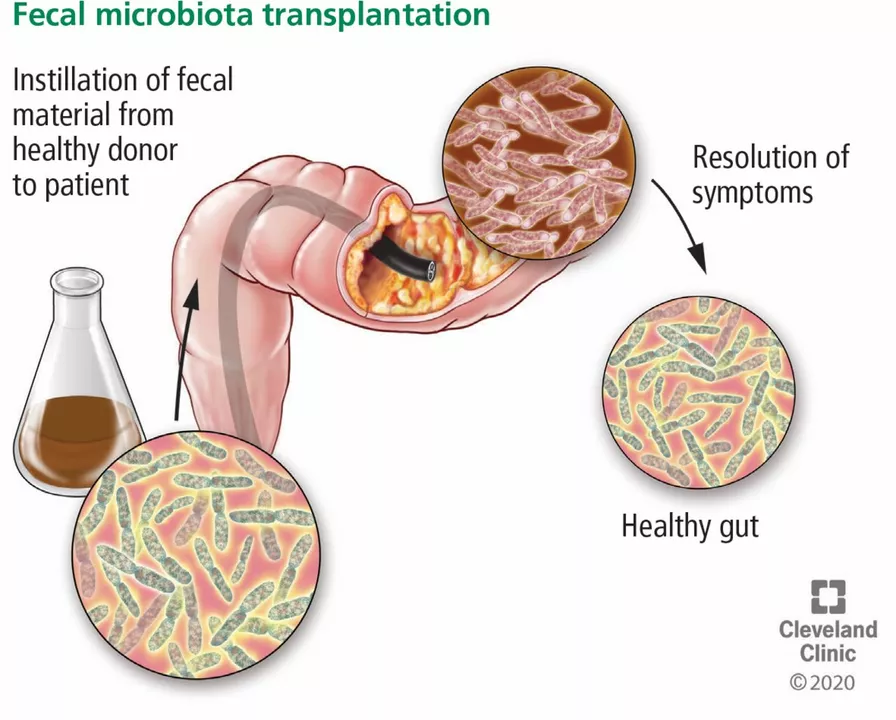Most people don’t realise how much the gut affects daily life. From energy and mood to immunity and sleep, your digestive system quietly shapes a lot of what you feel. If you’re dealing with bloating, slow bowel movements, or repeating stomach pain — this page gives clear, useful steps to help now and points you to in-depth articles on our site.
Small changes produce big wins. Start with these simple habits you can try today:
If you’ve been on antibiotics or feel "off" after a course of meds, consider bringing fermented foods back slowly and ask your clinician about a targeted probiotic for your situation.
See a clinician if you notice: severe or sudden stomach pain, unexplained weight loss, blood in stool, persistent vomiting, or fever with belly pain. Those signs need prompt attention.
Common tests a doctor may order: stool tests (infection, inflammation), blood tests (markers of inflammation or nutrient gaps), breath tests for SIBO, and scopes like endoscopy or colonoscopy when structural problems or serious disease are suspected. Talk to your clinician about the least invasive route that answers your main concern.
Not every upset stomach needs a specialist. For chronic constipation, pelvic floor dysfunction is often missed — working with a pelvic physio can fix problems that laxatives alone won’t. For recurring severe stomach pain, conditions like endometriosis can be the cause, especially if pain cycles with your period.
Want deeper reads? Check these related articles on StrutYourSupplements.su:
If you want, describe your main symptom below or on our contact page and we’ll point you to the most useful articles or tests to ask your doctor about. Small, consistent changes usually improve gut health more than quick fixes — keep it steady and track what helps.

After researching the long-term effects of Bisacodyl on gut health, I've discovered that this stimulant laxative can cause several issues if used excessively. Over time, it can lead to dependency, altering the natural function of the bowel muscles. Additionally, prolonged use may result in electrolyte imbalance and dehydration. It's important to use Bisacodyl only as directed and for short-term relief of occasional constipation. To maintain optimal gut health, it's better to focus on a balanced diet, regular exercise, and proper hydration.
